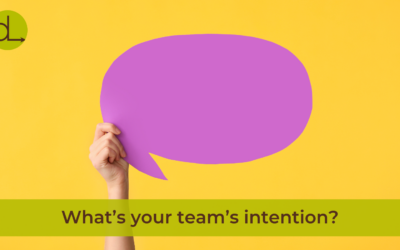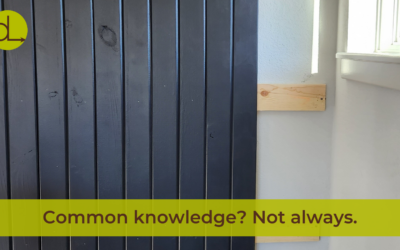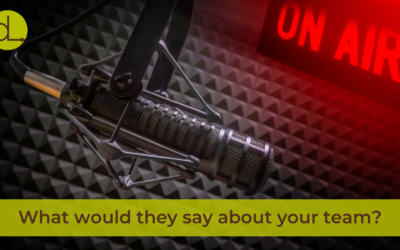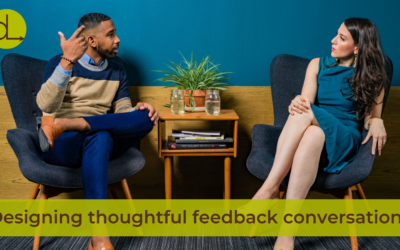Ahead of every new season, players engage in team practices, strategize together, and build camaraderie. Imagine if they didn’t. Picture a sports team focusing only on individual skills. Even...
From Sidelines to Super Bowl: Realizing Your Championship Vision
Are you where you set out to be six months ago? Or where you wanted to be? Six months ago, Mecole Hardman was a wide receiver for the New York Jets. Aaron Rodgers was his quarterback (for a...
Bridging the Gap Between Individual and Team Success
I have a friend whose son, Jack, plays varsity soccer and has a deep love for the game. His team had a tough season, filled with losses that broke their hearts. Despite their individual...
Winning at Work: Clarifying Your Team’s Purpose
Watching the NFL playoff games this weekend, there was no question about what the teams were trying to accomplish. Their purpose? Win the game. That's it. Win. The. Game. There's no...
High-Performing Teams Have Intention
We're approaching the time of year when you might set a resolution or intention. For the past ten years, I’ve set an intention and will do so again next year! But I’ll also be setting an...
What were they thinking?
Come on, ref! This was a common refrain at my house on Sunday night when either the referees of the Packer/Chiefs game made a ridiculous call (personal foul for tackling a player still in bounds!?!)...
Isn’t it obvious?
How was I supposed to know? I wanted to cover one of my office walls with shiplap. The piece I chose was a 1x8x12. I did the math and told my husband, Jeremy, we’d need 16 pieces of wood shiplap...
Tune in to the talk on your team
The hosts on talk radio are going on a rant this week about the Wisconsin Badgers: People are getting fickle on Luke Fickell. They could still make it to a bowl game. They still have a...
Are you thinking about your game plan for 2024?
All the general managers for each of the baseball teams are in Arizona for their winter meeting. These are the people responsible for player rosters. Not only will the GMs be discussing...
Five Steps to Increase Accountability With Your Team
During a recent "Coach Approach to Managing" training workshop, I found myself in the midst of a lively discussion with a couple dozen ambitious leaders — half of them millennials — each...
Giving Feedback is Difficult!
I recently heard something at the end of a call that shocked me. It wasn't a scheduled meeting. It was a call I had to make because things weren't going well with a vendor we were...
Culture: It starts at the top
I can clearly remember the first time I witnessed first-hand the impact culture can have on employees. Thirty-something odd years ago, I was a fresh-faced consultant at a leadership firm. I’d...












